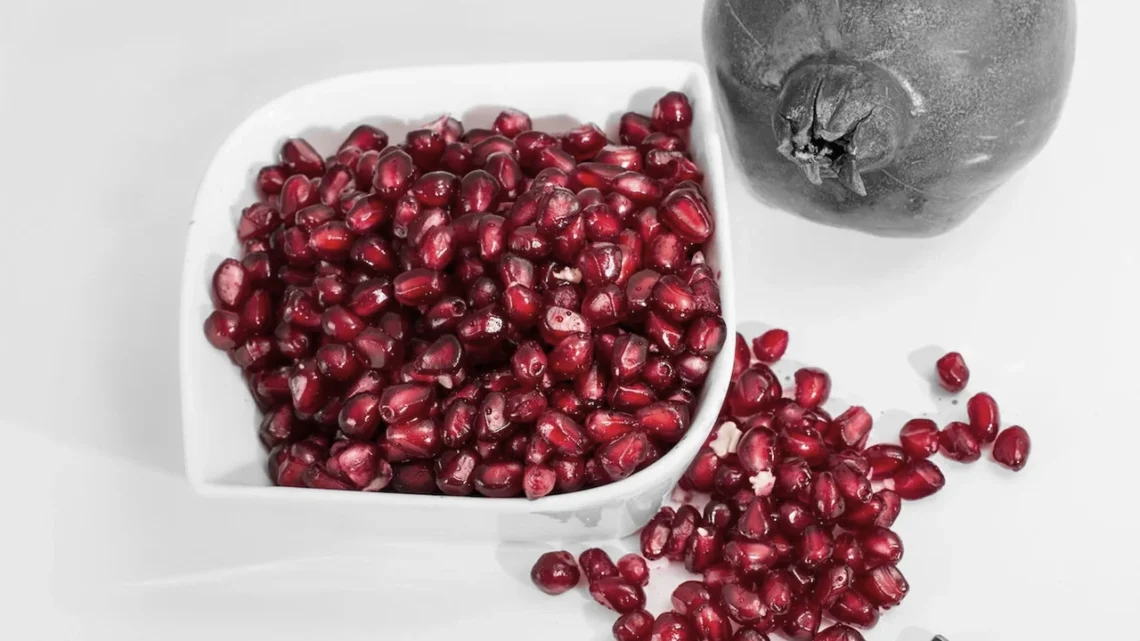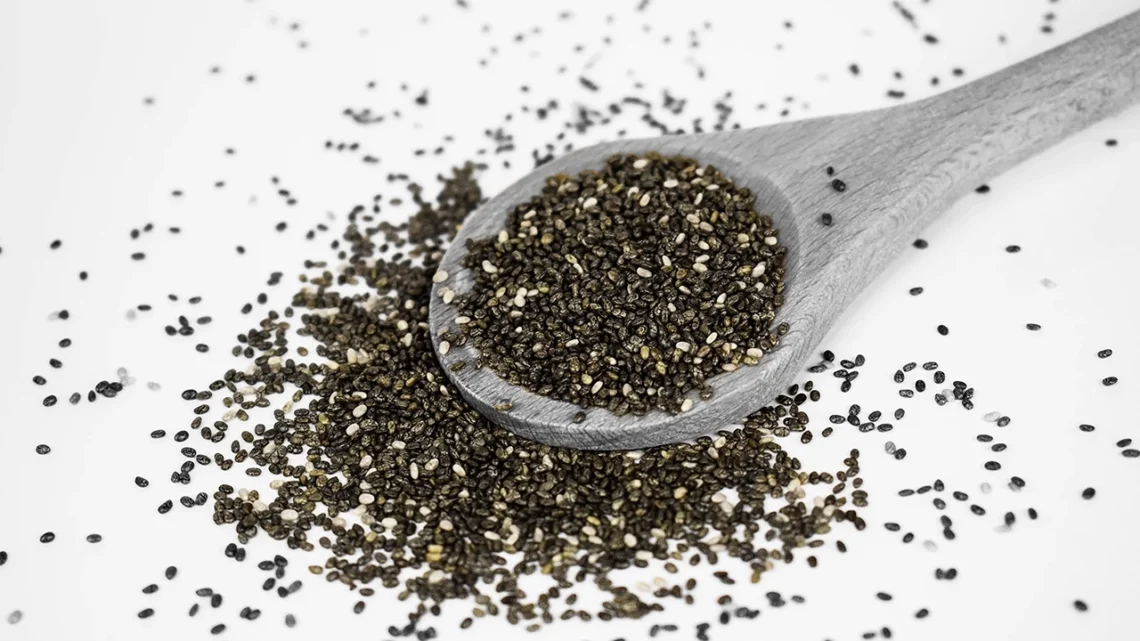Fruit and Vegetables
To be fair, we all hear this all year round, but in the winter eating plenty of fruit and vegetables is key to healthy organs — and that includes your skin.
These provide your body with valuable vitamins, minerals and antioxidants that can help fortify your immune system and aid the natural functions of your skin.

Seasonal fruit and veg like mandarin, apples, grapefruit, kiwifruit, lemons, limes, oranges, pears, broccoli, brussel sprouts, beetroot, carrots, cabbage, cauliflower and potatoes are likely to be fresher and provide the perfect ingredients for this time of year. It is no coincidence that they are in season, because they provide our bodies with just the right phytonutrients our bodies need for this time of year.
Casseroles, soups and stews
Now that the temperature has dropped, that last thing we want is a cold salad — instead, we crave warming foods. However, these temptations often result in more takeaway orders.
Sure, every now and again, a good takeaway is exactly what we need, but too many pizzas, burgers and Chinese takeaways aren’t going to do our insides any good — not to mention the large amounts of grease and trans fats that clogs up our skin!
What we really need is warming foods that are also healthy for our bodies… enter casseroles, soups and stews.
Not only can you pack these full of those yummy nutritious fruits and vegetables discussed above, but the warming nature of these dishes can actually aid our blood flow and squash skin stagnation.
In saying all that, just because they’re healthy, be careful to watch your portion size! Too much of anything is a bad thing and if you have, say, some potato in a stew, there’s only a certain amount of carbs your body will naturally break down.
Here’s a soup recipe we absolutely adore to get you started. Don’t be put off by the Kale, it’s super yummy and you’ll be dying to have more.
Ingredients:
- 1 large fennel bulb, roughly chopped
- 1 leek, roughly chopped
- 1 tbsp olive oil
- 1 tbsp raw coconut oil
- 1 onion, chopped
- 2 garlic cloves, finely chopped
- 1 tbsp vegetable bouillon powder or 1 vegetable stock cube
- 10 kale leaves, large stems removed, roughly chopped
- Handful of spinach
- Sea salt and black pepper
- 1 tsp grated nutmeg, to serve
Method:
- Preheat the oven to 200°c/180°c fan.
- Place the fennel and leek in a baking tray or roasting tin, add the olive oil and toss together. Bake in the oven for 15-20 minutes.
- Melt the coconut oil in a large saucepan over a low heat. Tip in the onion and garlic, place a lid on the pan and sweat for about 5 minutes or until the onion is translucent and softened.
- Pour 1.2 litres of water into the pan and add the vegetable bouillon powder or stock cube. Tip in the roasted fennel and the leek along with half the chopped-up kale leaves. Season with salt and pepper and give everything a stir.
- Bring to the boil and leave to bubble away for 20 minutes. Add the remaining kale and all the spinach, then simmer over a medium-low heat for another 10 minutes.
- Allow to cool down slightly, then puree until smooth in a stand-alone blender or using a stick blender. Reheat as needed and sprinkle with nutmeg to serve.

Keep active
When it’s cold, wet and grey outside, the last thing on our minds is a run against the elements.
But exercise doesn’t have to be a run, you can go for a brisk walk, or even take up an indoor activity like yoga, dancing or squash.
Your body will be so thankful for any activity you do. It will make you feel happier, aids weight loss and muscle tone, adds to your energy levels, reduces your risk of chronic disease and even helps skin health.

Your skin can be affected by the amount of oxidative stress in your body. This occurs when the body’s antioxidant defences cannot completely repair the damage that free radicals cause to cells. This can damage their internal structures and deteriorate your skin.
This ailment is made all the worse when we’re more sedate and, although intense and exhaustive physical activity can contribute to oxidative damage, regular moderate exercise can increase your body’s production of natural antioxidants, which help protect cells.
Exercise can also delay the appearance of skin ageing by increasing our natural blood flow, which deters stagnation, and inducing skin cell adaptations.
Drink plenty
Because we’re not sweating as much during winter, it gives us the feeling that we don’t need to be drinking as many fluids — but, the opposite is true.
As the temperature continues to drop, the air around us tends to become drier and our bodies actually receive less moisture compared to warmer months. Not only this, but the dry and often stagnant air created from indoor central heating can really take its toll on your skin.

Keeping up your fluid intake is vital in keeping your skin cells hydrated. It reduces the risk of chapping and peeling, while removing blemish-inducing impurities in your body. This is the perfect time to eat your water! Vegetables and fruit contain a lot of water, so upping your intake during winter via soups can be skin-saving.
Our Awakening Serum is specifically designed to give your skin that extra help it needs to remain hydrated during the winter months. Strategically formulated to target the signs of dehydration, while boosting elasticity and providing the ultimate array of critical nutrients, this multi-correctional elixir infuses skin with protective antioxidants, vital vitamins strengthening minerals and plumping fatty acids, to awaken skin and restore luminosity.
To your blossoming xxx
Sources:
(Wendy Rowe — “Eat Beautiful”)




